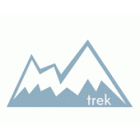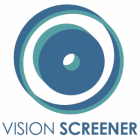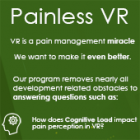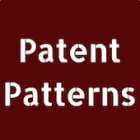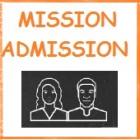
Mission Admission
Every admission season, schools struggle with attracting the best talent and achieve maximum conversion rate at the same time. They want to avoid both under and over filling of the classrooms. Therefore, there is a need to strategically balance the quality and quantity of incoming student population. We extracted and analyzed important features of the data provided by our sponsor Ravenna Solutions. Our predictive analysis shows how significant select factors are in determining a future admit offer or an admit conversion. Thus, our project provides key insights to admission directors of K-12 schools regarding factors influential in making admission decisions. We help admission directors in making crucial admission decisions backed by application data of student aspirants. This makes the directors rely less heavily of their instinct or “gut feeling” and instead make data driven decisions. Hence, the efficiency in decision making results in better enrollments for the schools and thereby better school admissions for the students alike.

